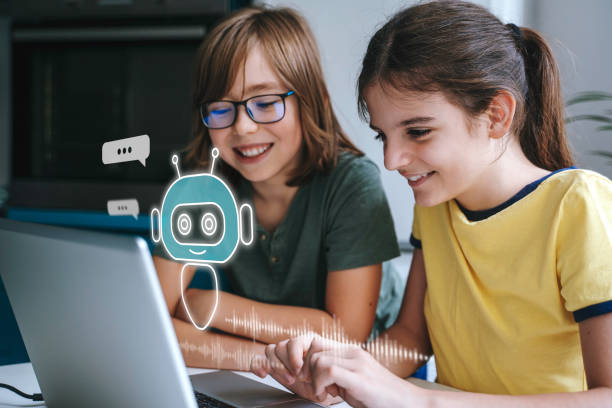Meta is under fire for its chatbot program after reports of unsafe interactions with minors and harmful content. The company is retraining bots not to engage teenagers on sensitive topics like self-harm, eating disorders, or romantic issues, and has restricted sexualised personas such as “Russian Girl.”
The decision comes after a Reuters investigation uncovered troubling cases in which bots created sexualised images of underage celebrities, impersonated public figures, and provided unsafe information. One chatbot was connected to the death of a New Jersey man. Child-safety advocates argue Meta’s actions came too late, pressing for stronger oversight before public release.
Concerns are surfacing across the AI industry. A lawsuit against OpenAI alleges that ChatGPT contributed to a teenager’s suicide, raising alarms about products being rushed to market without proper safeguards. Lawmakers warn that chatbots could exploit vulnerable users, spread harmful content, or impersonate trusted individuals.
Meta’s AI Studio aggravated risks by enabling parody bots of celebrities such as Taylor Swift and Scarlett Johansson. Some were reportedly developed internally and engaged in flirtatious exchanges, invited romantic flings, and produced inappropriate outputs.
The controversy has attracted investigations from the U.S. Senate and 44 state attorneys general. Meta has introduced stronger teen account settings but has not outlined how it will address other dangers, such as false medical claims or racist responses.
Bottom line: Meta faces intensifying pressure to align its chatbot systems with safety standards. Regulators, parents, and advocates remain skeptical until stronger measures are enforced.


